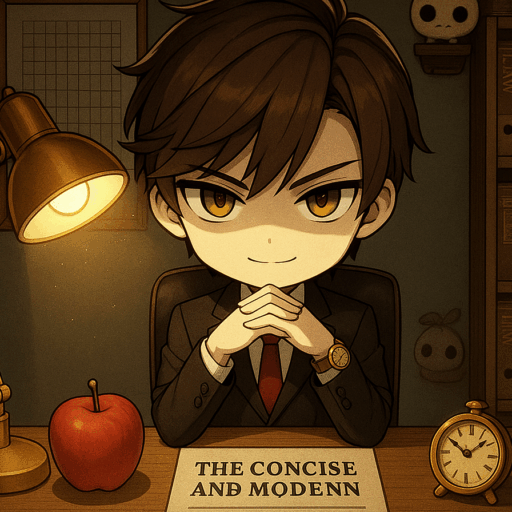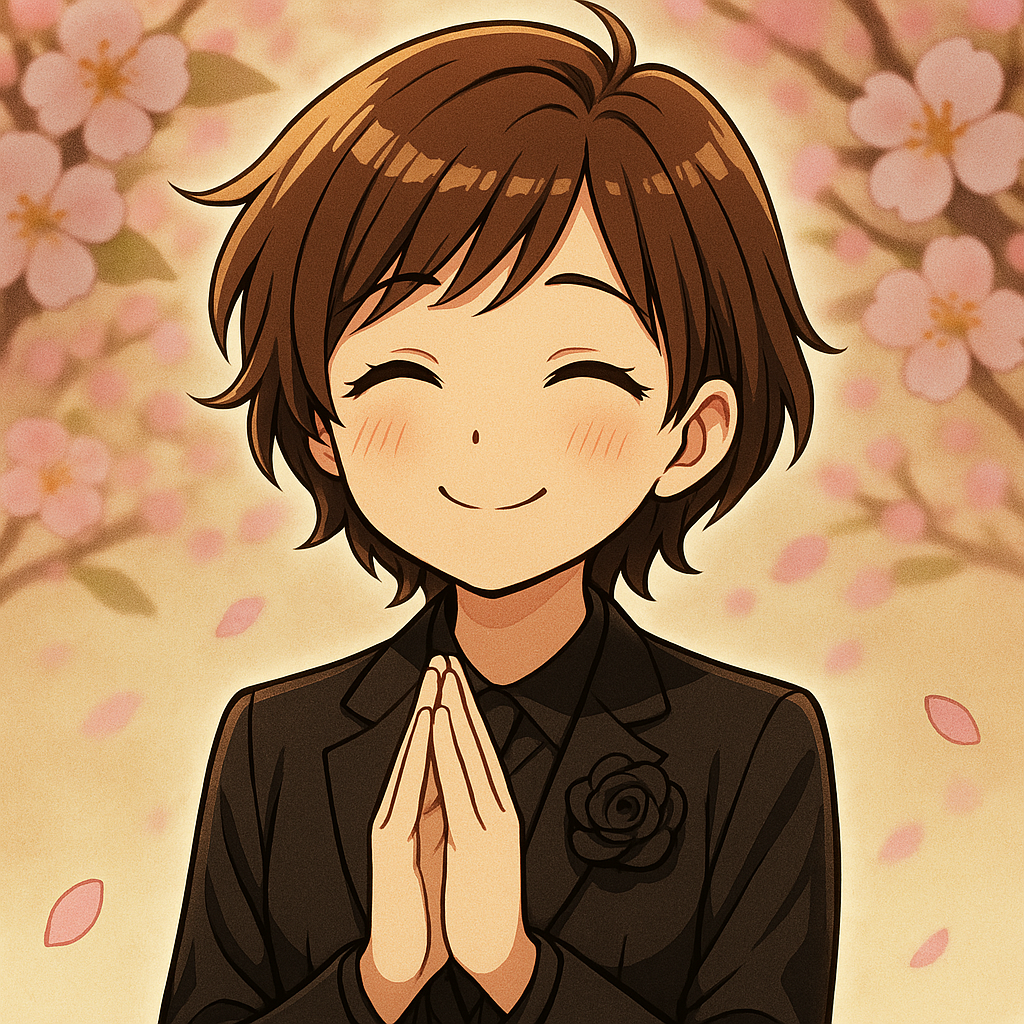
Introduction
As a funeral director in Japan, I often come across a wide range of religious beliefs. Some are unfamiliar, while others are deeply rooted in society. The religions that leave the strongest impression tend to be those frequently mentioned in the media.
Upon reflection, I realized just how closely religion and politics are intertwined in Japan. In this article, we’ll explore the complex relationship between religion and politics in Japan—and offer a quick look at how this plays out in other countries as well. 🗳️📜🔍
Chapter 1: Why Do Religions Get Involved in Politics?
📣🗳️ There are three main reasons why religious groups involve themselves in politics:
- To Promote Values and Ethics
Religions influence people’s morals and views on life. Many religious groups want these values reflected in public policies. - To Leverage Their Voting Power
Religious organizations often have large, unified groups of followers. This gives them considerable power during elections. - To Advocate for Social Causes
Groups may use their influence to push for initiatives related to peace, welfare, education, and human rights.

Chapter 2: Major Religious Groups Influencing Japanese Politics
⛩️🗳️ Here are the key religious organizations currently influencing politics in Japan:
2-1. Soka Gakkai
- 📘 Political Affiliation: Komeito (the ruling coalition partner)
- 📊 Influence: ★★★★★ (very high)
- 📝 About:
A new religious movement with around 8 million followers, Soka Gakkai is the foundation of the Komeito party.
It plays a major role in election campaigns and policy discussions alongside the Liberal Democratic Party (LDP). - 🌐 Social Impact:
Strong emphasis on education, welfare, and peace.
Has faced media scrutiny and sparked debate over religious freedom and political neutrality.
2-2. Jinja Honcho (Shinto Headquarters)
- 🏯 Political Link: Japan Conference, conservative LDP members
- 📊 Influence: ★★★☆☆ (moderate to high)
- 📝 About:
While over 90 million Japanese are registered as uji-ko (parishioners) in Shinto shrines, much of this is cultural.
The group promotes traditional values and national identity. - 🌐 Social Impact:
Issues such as constitutional revision, Yasukuni Shrine visits, and moral education are often supported by Shinto-affiliated groups.
Their influence is mostly exercised through lobbying and grassroots campaigns.
2-3. Unification Church (now called the Family Federation for World Peace and Unification)
- 🧩 Political Link: Ties to some LDP members (mostly historical)
- 📉 Influence: ★☆☆☆☆ (declining)
- 📝 About:
Known for political networking through donations, campaign support, and dispatching aides.
Controversy surged after the assassination of former Prime Minister Shinzo Abe, which revealed deeper connections. - 🌐 Social Impact:
Issues such as spiritual sales and excessive donations brought public concern.
Sparked national debate on the separation of religion and politics.
2-4. Buddhist-Based Groups (e.g., Rissho Kosei-kai)
- 🪷 Political Link: Often involved in bipartisan peace and civil movements
- 📊 Influence: ★★☆☆☆ (limited but meaningful)
- 📝 About:
Focuses on peace, nuclear disarmament, welfare, and human rights.
Doesn’t have a direct political party but engages in advocacy. - 🌐 Social Impact:
These groups often operate like international NGOs, promoting ethics rooted in Buddhist philosophy.
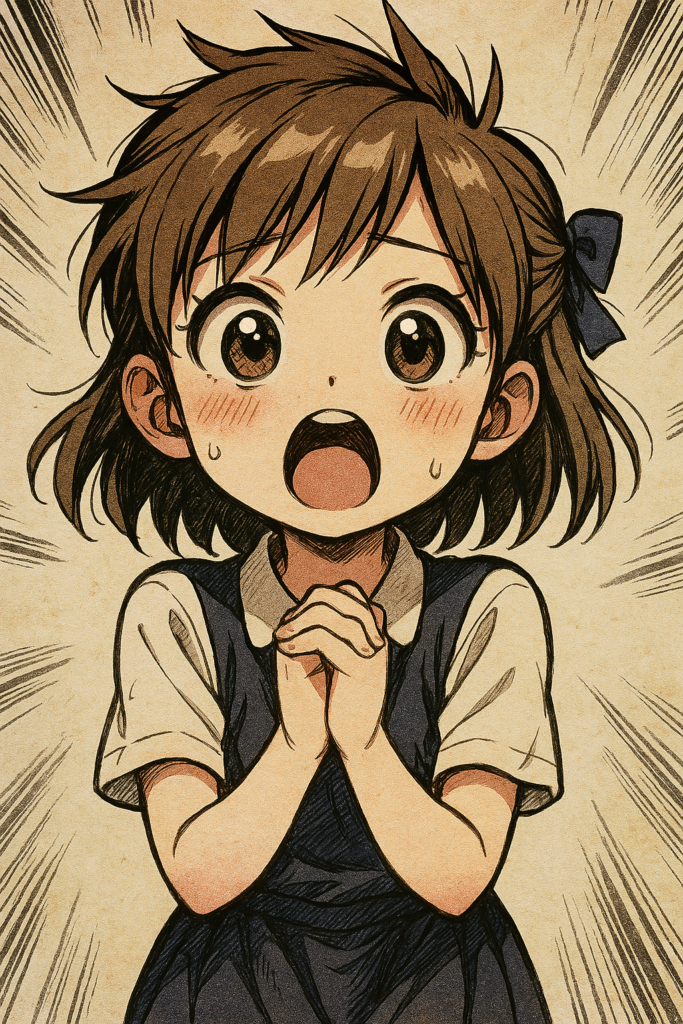
Chapter 3: Who Has the Greatest Political Influence?
| Religious Group | Estimated Followers | Political Influence | Key Political Links |
|---|---|---|---|
| Soka Gakkai | ~8 million | 50–60% | Supports Komeito, policy influence |
| Shinto / Jinja Honcho | ~90 million (cultural) | 20–25% | Conservative policy influence |
| Unification Church | Hundreds of thousands | <10% (declining) | Past support for LDP candidates |
| Buddhist Groups | ~2 million | 5–10% | Civil advocacy, NGO-style engagement |
⚠️ Note: Influence rate reflects political activity, not total number of followers.
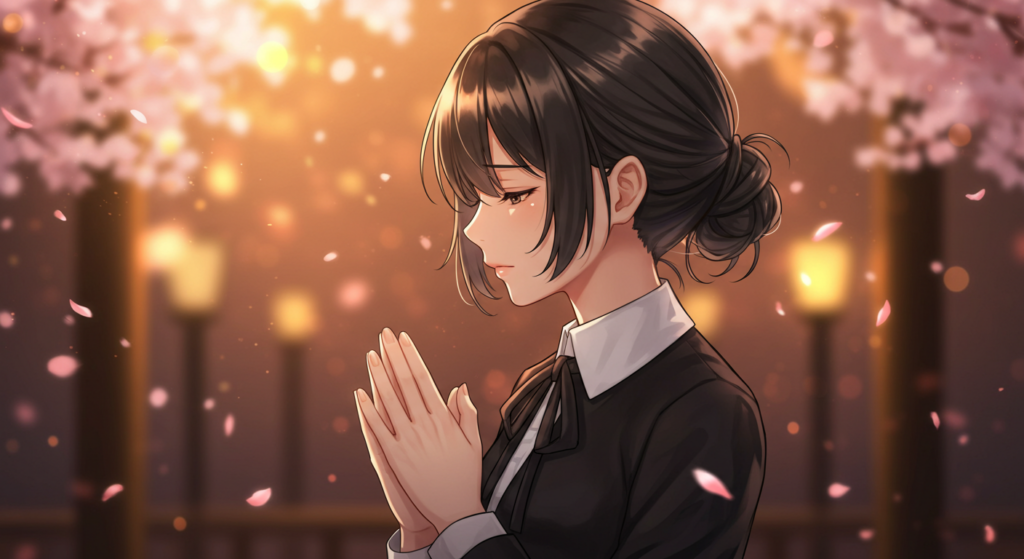
Chapter 4: A Global Glimpse — Religion and Politics Abroad 🌍
🇺🇸 USA: Evangelical Christianity
- Strong base of Republican support
- Key positions on abortion, family values, and education policy
- Influence extends into Japanese conservative movements
🇻🇦 Vatican: Catholic Church
- Active in peace, anti-nuclear, and human rights issues
- Seen in Japan through hospitals, schools, and international statements
🇨🇳 China: Religious Control
- Tightly controlled by the Communist Party
- Religious oppression draws criticism from Japanese NGOs
- Sparks discussion on freedom of belief and democracy
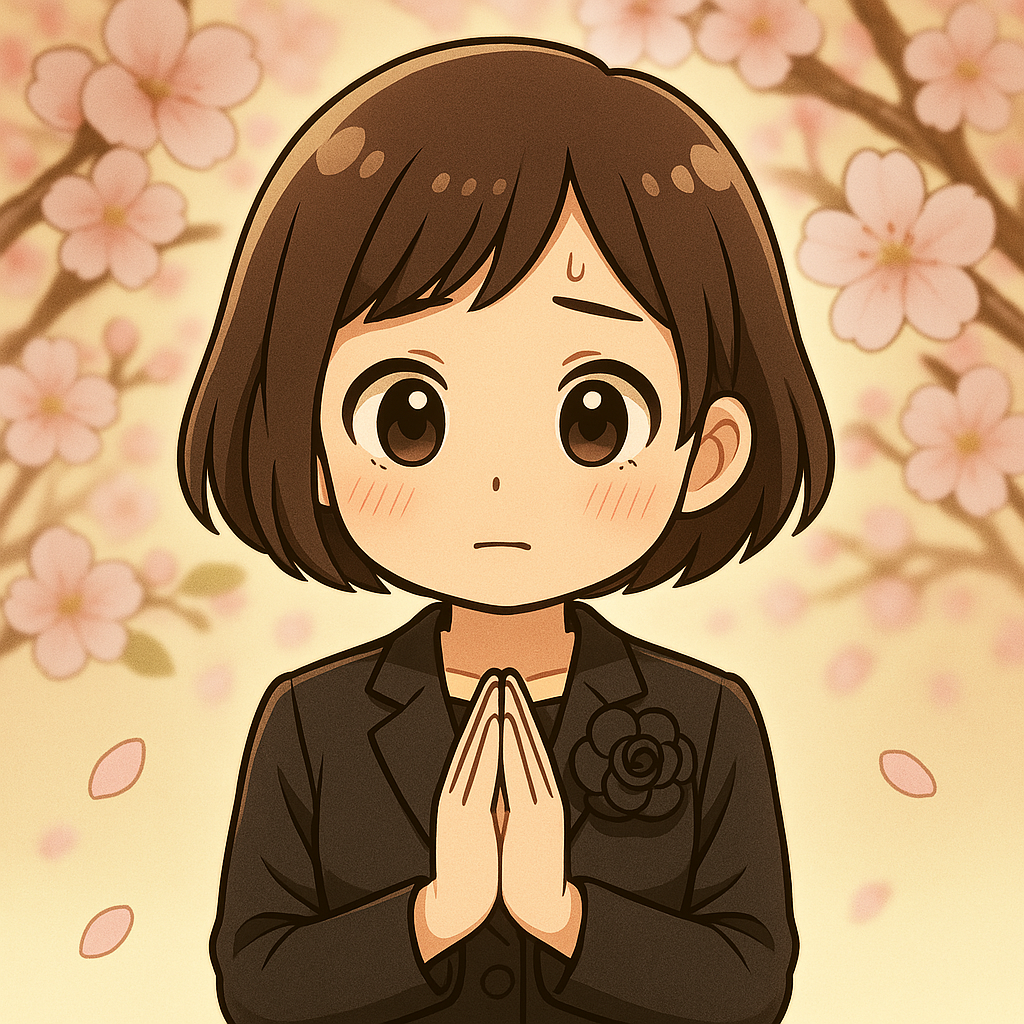
Conclusion 🕊️📚🔍
Religion in Japan is not completely separate from politics. Some religious groups—particularly Soka Gakkai—play major roles in elections and policy-making through their affiliated political parties.
Shinto-based groups maintain influence on traditional values and constitutional debates, while Buddhist organizations contribute through civil society advocacy.
The Unification Church scandal was a turning point, sparking new scrutiny of how close religion and politics should be.
Moving forward, Japan faces the challenge of balancing religious freedom with political transparency—and the discussion on the true meaning of “separation of church and state” continues.
